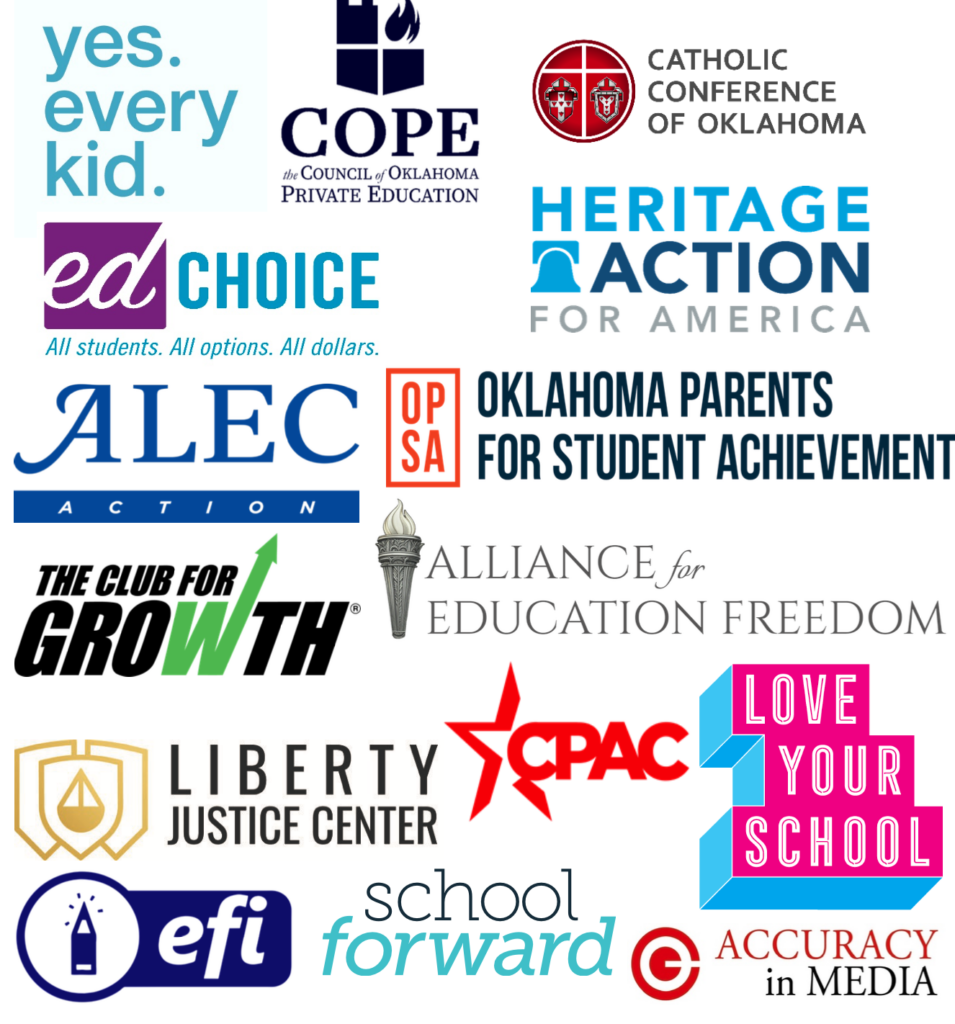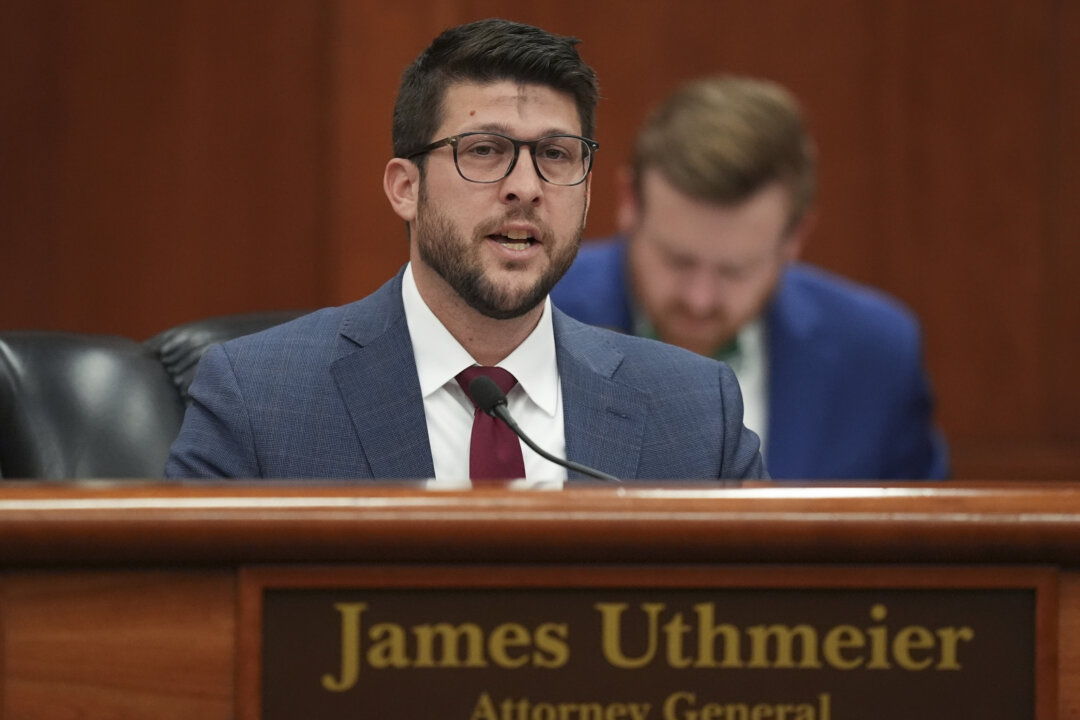In recent years, Oklahoma has emerged as a leader in school choice. Regrettably, the state legislature is considering a proposal that would curtail the education freedom that it only recently expanded, and jeopardize the ability of more than 1,300 students to access the schools that work best for them.
In 2023, the Oklahoma legislature crafted the nation’s first robust personal-use tax credit for education choice. Families can receive a refundable tax credit of between $5,000 to $7,500 per child, depending on their household income, to cover the cost of private school tuition, or a tax credit of $1,000 for homeschooling expenses.
Because there is a cap on the total amount of tax credits offered, it’s possible that families who receive a tax credit for their child one year might not get it the next year. Senate Bill 684 would fix that design flaw by ensuring that the families of students who receive a tax credit will continue to do so until they graduate or otherwise become ineligible, such as by transferring to a district school.
However, in the process of ensuring that some students don’t lose access to tax credits, the bill jeopardizes the access of other students.
The existing statute allows private schools to use the accreditor of their choice. In the first year of the tax credit policy, the families of more than 27,000 participating children attended about 175 private schools accredited by 19 different accreditors. As currently written, the bill would only recognize accreditors approved by the Oklahoma State Board of Education.
That might seem like an insignificant technical matter, but empowering bureaucrats at the expense of families and their chosen private schools has a real cost. There are currently about 1,370 students attending 30 different schools accredited by nine accrediting agencies that are not recognized by the State Board of Education, including long-standing and well-respected organizations such as the National Association of Private Schools. The families of the students attending those schools are at risk of losing access to the school choice tax credits.
The proposal represents a technocratic strain of thought that confuses accountability with top-down regulation. But if the state board of education’s oversight were a guarantee of quality, then all or at least most Oklahoma students would be proficient in reading and math. Sadly, few are.
On the most recent National Assessment of Educational Progress, only 23% of fourth graders and 20% of eighth graders in Oklahoma performed at a proficient level in reading, considerably below the national average of 30% for fourth graders and 29% for eighth graders. Likewise, only 31% of fourth graders and 17% of eighth graders in Oklahoma performed at a proficient level in math, compared to the national average of 39% for fourth graders and 27% for eighth graders.
Real accountability is when an institution is directly answerable to those who bear the consequences of their performance. In other words, real accountability is bottom-up, not top-down. In the context of schools, that means being answerable to parents, not bureaucrats. Whereas technocratic top-down accountability seeks to impose quality through regulation, real bottom-up accountability fosters quality through choice and competition. Empowering families with more education choices will do more to raise quality than any bureaucrat ever could.
Fortunately, a broad coalition has emerged to push back against the accreditation restriction. The coalition includes more than a dozen organizations dedicated to advocating for school choice, free markets, private school autonomy, religious liberty, and education freedom.
The coalition has sent state lawmakers a letter detailing their concerns and encouraging them to avoid further restricting the school choice statute’s accreditation requirements.
 Organizations that signed a letter to Oklahoma lawmakers raising concerns about the accreditation restriction in Senate Bill 684.
Organizations that signed a letter to Oklahoma lawmakers raising concerns about the accreditation restriction in Senate Bill 684.The coalition letter raises additional concern that the state’s board of education has sometimes politicized or even “weaponized” school accreditation, which prompted the Oklahoma House of Representatives to pass legislation this year enhancing due process procedures for public school districts facing a potential downgrade in their accreditation status. The letter states that its signatories are “seriously concerned that by increasing the authority of a highly politicized State Board of Education over private school accreditation the state may inadvertently politicize private school accreditation as well.”
The debate over accountability in education ultimately boils down to trust—do we trust bureaucracies to improve schools, or do we trust families to make the best decisions for their children? Ultimately, it is parents who know their children best and love them most.
The Trump administration is taking steps to eliminate the U.S. Department of Education, shifting the locus of control away from distant bureaucrats and back toward states, local communities, and parents. If Oklahoma lawmakers genuinely want an education system that prioritizes student success, they should eschew technocratic tinkering and trust families to hold schools accountable from the bottom up.
The post Oklahoma Bill Threatens Families’ Education Freedom appeared first on The Daily Signal.
.png)















 English (US)
English (US)